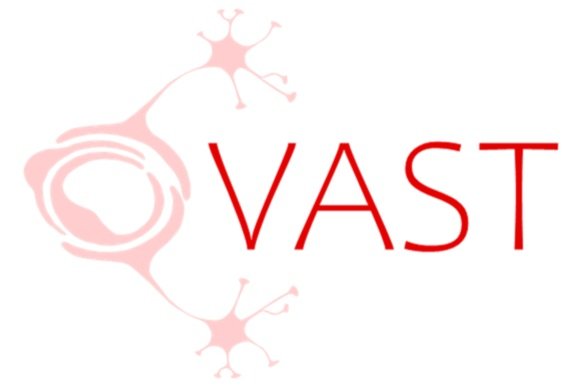Can Clinical Cognitive Testing Predict Distinct Neurological Mechanisms of Cognitive Impairment?
By: Kaden Lam, Aravind Ganesh
Cognitive complaints are an increasingly common problem in aging populations and many of these patients are referred to specialized clinics for further evaluation to understand the underlying mechanisms of their complaints. These mechanisms may range from psychiatric contributors like depression or anxiety in otherwise healthy patients, to more progressive causes of cognitive decline and dementia like neurodegenerative diseases (ex. Alzheimer's disease) or vascular cognitive impairment (from strokes and small vessel disease). A critical component of the evaluation of these patients involves the use of short clinic-based tests that broadly assess different cognitive domains. The Montreal Cognitive Assessment (MOCA) is one of the most widely used instruments of this nature, but there is growing interest in identifying other useful tests that might be less culturally biased and less subject to copyright restrictions. The Rowland Universal Dementia Assessment Scale (RUDAS) is a potential alternative. One important question that will help evaluate the usefulness of these tests is their ability to identify distinct profiles of cognitive performance for patients with different underlying mechanisms of cognitive complaints.
The Calgary Neurosciences Clinic Program is assembling a prospective registry for patients with memory symptoms called PROMPT (Prospective Registry of Persons with Memory Symptoms). Cognitive testing data will be gathered for the MOCA and RUDAS for patients enrolled in the registry, focusing on their baseline visit and scoring each relevant domain of the cognitive tests (this will include visuospatial/executive, naming, memory, language, attention, abstraction, delayed recall for the MOCA and visuospatial orientation, memory, language, praxis, visuoconstructional drawing, and judgement for the RUDAS). The overall scores will be related to specific cognitive profiles (i.e specific domains affected) for each patient to their final clinical diagnosis established over the course of subsequent visits and investigations in the registry.
Using the PROMPT registry, I intend on finding the relationship of different patterns of cognitive testing profiles to underlying mechanisms of cognitive complaints in an out-patient clinic population. The primary outcome is whether the patient ends up with a diagnosis of mild cognitive impairment (MCI) or dementia, both of which implicate underlying neurological mechanisms of cognitive complaints as opposed to more reassuring diagnoses of normal cognition or subjective cognitive decline. The secondary outcome of interest will be the specific neurological mechanism/etiology of cognitive impairment or dementia that the patient is diagnosed with - specifically, Alzheimer's disease, Lewy Body Dementia, or Frontotemporal Dementia versus Vascular Dementia. This will require extraction of data about any neuroimaging performed for the patient such as MRI or PET brain scans as well as biomarker testing for amyloid and tau species in the cerebrospinal fluid. Each of these tests will help provide supportive evidence for the mechanism/etiology of the patient's MCI or dementia.
This work will help us gain a deeper understanding of how patients' performance on commonly used clinical cognitive tests may reflect underlying mechanisms of cognitive complaints, while providing useful comparative data for two commonly used tests. This will help dementia researchers and clinicians make better informed choices about the cognitive test that they want to use and will also help inform a deeper more mechanistically orientated interpretation of the specific scores and impairments identified on these tests.
—————————————————————————————————
Kaden Lam is a 4th year Biomedical Sciences student with a minor in Psychology at the University of Calgary. He is involved with the Healthy Brain Aging Lab where his research focuses on the cognitive outcomes of patients with varying degrees of brain frailty after different stroke treatments. He is also involved with the Children’s Environmental Health Clinic at the University of Alberta, where he produces knowledge translation tools for the World Health Organization and Pan-American Health Organization.
